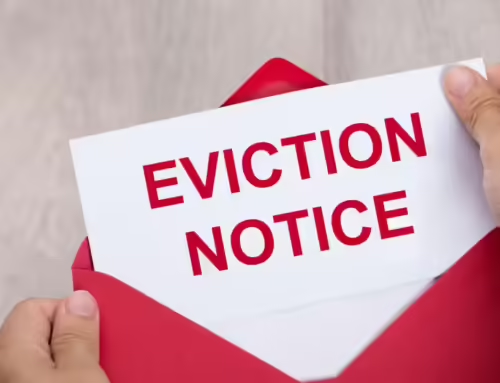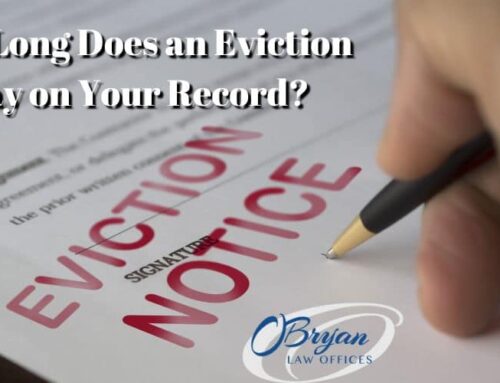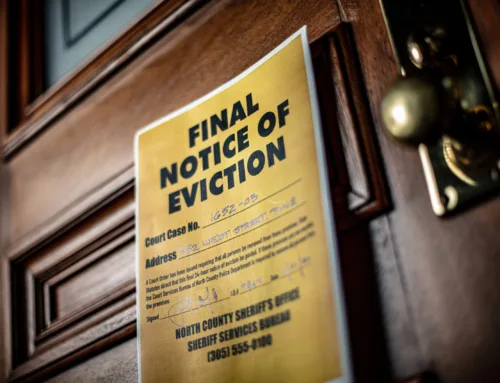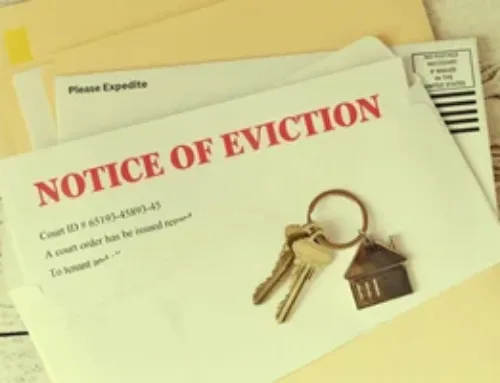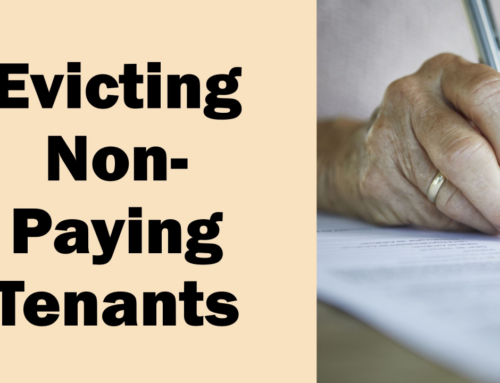Eviction can be a daunting and stressful process for both landlords and tenants. While it may seem like a straightforward legal procedure, many factors contribute to the situation that often can be resolved through effective mediation. This blog will explore how landlords can mediate eviction situations with tenants, offering practical tips and strategies to reach a resolution that benefits both parties.
Understanding the Importance of Mediation
Mediation is a collaborative process where a neutral third party helps facilitate a discussion between the landlord and tenant. The goal is to reach a mutually acceptable agreement without resorting to legal action. Mediation can save both parties time, money, and emotional stress, making it a preferable first step before pursuing formal eviction.
Steps to Mediate Eviction Situations
1. Prepare for the Conversation
Before initiating a mediation session, it’s essential to prepare:
- Gather Documentation: Collect all relevant documents, including the lease agreement, rent payment records, and any communication regarding the issues at hand. This will provide a solid foundation for your discussion.
- Identify Key Issues: Clearly define the reasons for the eviction and any breaches of the lease. Understanding the key issues will help you focus the conversation.
2. Set the Right Environment
Create a comfortable and neutral environment for the mediation session. Consider the following:
- Choose a Neutral Location: If possible, hold the meeting in a neutral place where both parties feel comfortable. This can help reduce tension and foster open communication.
- Allocate Sufficient Time: Ensure both parties have enough time to discuss the situation without feeling rushed. This allows for a more thorough conversation.
3. Communicate Openly and Respectfully
Effective communication is critical in mediation. Here are some tips for productive dialogue:
- Listen Actively: Give the tenant an opportunity to share their perspective. Listening without interrupting shows respect and can help you understand their position better.
- Stay Calm and Professional: Keep emotions in check and avoid accusatory language. Maintain a calm and professional demeanor throughout the discussion.
- Use “I” Statements: Frame your concerns using “I” statements (e.g., “I am concerned about the late rent payments”) to express your feelings without placing blame.
4. Explore Solutions Together
Once both parties have shared their perspectives, work collaboratively to identify potential solutions. Consider the following strategies:
- Brainstorm Options: Encourage both sides to brainstorm potential solutions that could work for everyone. This may include payment plans, extending deadlines, or offering assistance.
- Be Flexible: Be open to compromise and willing to adjust your expectations. Flexibility can help create a win-win situation.
5. Document the Agreement
If a resolution is reached, it’s crucial to document the agreement in writing. Include the following details:
- Terms of the Agreement: Clearly outline the terms, including any payment plans, deadlines, or actions required from both parties.
- Signatures: Have both parties sign the document to ensure accountability and mutual agreement.
6. Follow Up
After the mediation session, maintain open lines of communication. Follow up to ensure that both parties are adhering to the agreed-upon terms. Regular check-ins can help build trust and prevent future issues.
Conclusion
Mediating eviction situations with tenants can lead to positive outcomes for both landlords and tenants. By preparing thoroughly, communicating openly, and exploring solutions collaboratively, landlords can often avoid the stress and costs associated with formal eviction proceedings. Mediation not only preserves relationships but also contributes to a more harmonious rental experience. Want to know more about us? Sell your house fast for cash CONTACT US.
FAQs
Q: What if the tenant refuses to participate in mediation?
A: If the tenant is unwilling to mediate, you may need to proceed with the eviction process. However, it’s essential to document your attempts to mediate, as this may be relevant in court.
Q: Can I mediate after filing for eviction?
A: Yes, mediation can occur at any point during the eviction process, even after filing. Many courts encourage mediation to resolve disputes before proceeding with legal action.
Q: Is mediation legally binding?
A: Mediation agreements can be legally binding if both parties agree to the terms in writing. However, it’s advisable to consult legal counsel to ensure the agreement complies with local laws.
Q: How can I find a mediator?
A: You can find mediators through local mediation centers, legal aid organizations, or community resources. Online directories may also provide listings of qualified mediators.
Q: What if mediation fails?
A: If mediation does not resolve the issue, you may need to pursue formal eviction proceedings. Ensure that you have documented your mediation efforts, as this can help in court.
By utilizing mediation as a proactive approach to eviction situations, landlords can create a more constructive atmosphere, fostering resolution and understanding. Not only does this method benefit the tenant, but it also helps landlords maintain their property and relationships in a professional manner. You can also go through our other blogs like ” The rights of tenants during the eviction process” for more info.




